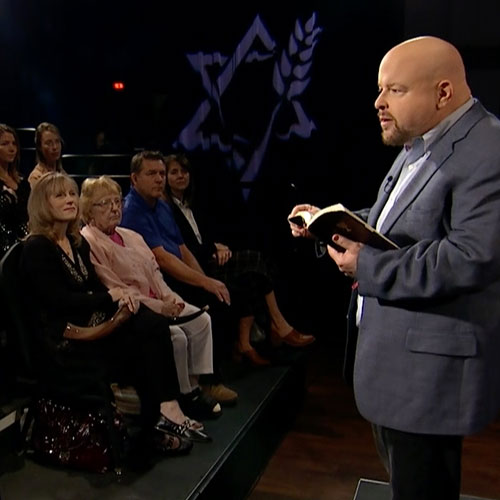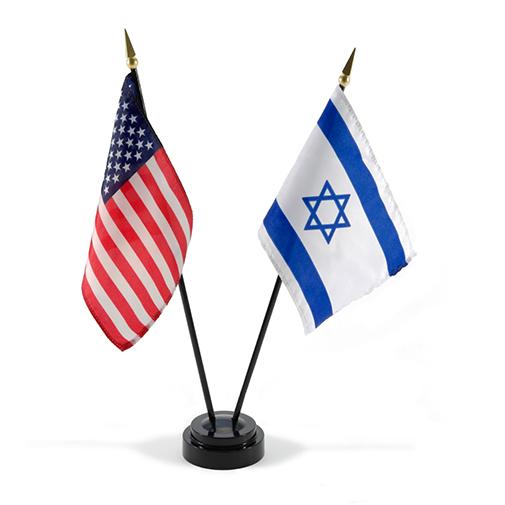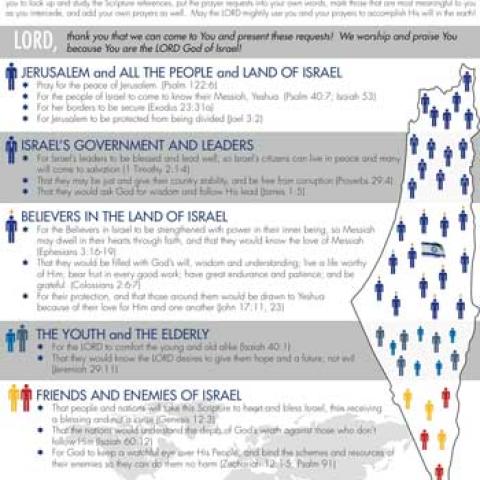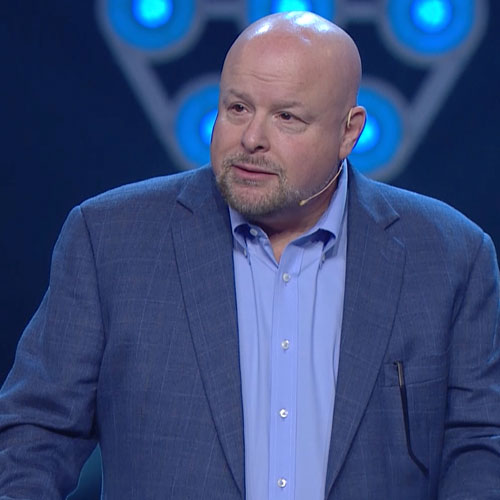He was 16 years old, and you couldn’t help being drawn to him. He was articulate and extremely personable ‒ intelligent beyond his years and markedly confident, but without arrogance. But he had questions.
He came to speak with someone at the Jewish Voice Ministries International (JVMI) prayer room, held in conjunction with the Alamata, Ethiopia, Medical Outreach. He sat down with Paula and an interpreter.
Paula is the Prayer Coordinator at JVMI headquarters. For more than eight years, she has worked in the trenches of prayer for Jewish Voice. She leads the staff and a team of Prayer Partners in bringing before God the needs of the ministry, Israel, the Jewish people and JVMI Outreaches. But the Alamata/Jijiga trip was the first time she had participated in the field.
In Ethiopia, the prayer rooms for JVMI Outreaches must now be off-site from the Medical Clinics. It’s a relatively recent local requirement that can result in fewer visits than we’ve seen in years past. Knowing this, Paula made a special request of the Lord before the Alamata/Jijiga Outreach began.
“Lord,” she prayed, “we in the prayer room may not see many who come to know You, but may those who do be ones who will bring many others to You.”
In Alamata, the bright young man who sat before her spoke excellent English, and he immediately asserted that he believed in science and philosophy rather than God. Yet there he was, in a Messianic Jewish prayer and counseling center.
“Do you believe God has a destiny for each of us?” asked the fellow who’d said he didn’t believe in God. His father, on his deathbed, had told him that he believed his son had a strong destiny. “But,” he asked Paula and the interpreter, “if none of our experience is real – as some philosophers teach – then where is the purpose in life?”
“That’s a good question,” Paula answered. “If you take the Creator out of the equation of creation, there is no purpose or destiny.”
One after another, the animated teen asked questions, hungry for answers to the deep and unsettled matters filling his mind.
Then, all of a sudden, he declared, “OK, I am ready.”
“Help me to understand,” Paula replied. “What are you ready for?”
“I am ready to receive Yeshua (Jesus).”
There, in a little circle of plastic chairs, Paula and the interpreter led the young man in prayer to place his faith in Yeshua.
The next day, Paula was working with Outreach Partners at the Clinic site rather than in the prayer room. When she returned that afternoon, a prayer room co-worker told her, “He came back! And he brought a friend with him, someone he had just led to the Lord. He wanted his friend to understand more.”
In the 24 hours since coming to faith himself, this dynamic 16-year-old had already led someone else to the Lord and knew where to come to learn how to begin his discipleship! It was an answer to Paula’s prayer.
“It was a divine appointment,” Paula said of the circumstances surrounding her conversation with the teenager. “He was ready. He had studied and learned. He’d searched and had meaningful questions. And we were there at the right time.”
And God knew. He prepared both Paula and this young man for the day they met. He primed the hungry mind and heart of an exceptional teenager and led him to the JVMI prayer room. God orchestrated the day so that Paula would be there, and the timing so that she and her interpreter were available when he arrived. And long before, He had placed a prayer on Paula’s heart for Him to raise up new Believers in Alamata who would lead many others to Yeshua.
“I am ready,” the young man said. He’d meant he was ready to receive Yeshua. But God has readied him to be an answered prayer as well, to shine His light and bring others in Alamata to Yeshua.












